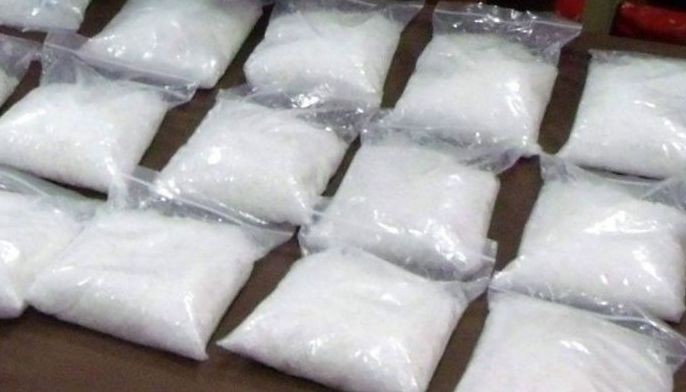
NEARLY 300 MILLION USE DRUGS GLOBALLY – UN REPORT
MANILA, Philippines — The United Nations agency tackling crime and drug abuse released its annual World Drug Report warning that there are now nearly 300 million users globally, alongside an increase in trafficking.
According to the World Drug Report 2024 launched by the UN Office on Drugs and Crime (UNODC), the number of people who use drugs rose to 292 million in 2022, a 20-percent increase over 10 years.
Cannabis remains the most widely used drug worldwide, according to the report, with 228 million users, followed by opioids with 60 million users.
The report also showed that 30 million people worldwide consume amphetamines, 23 million use cocaine and 20 million take ecstasy.
The UNODC found that nitazenes – a group of synthetic opioids that can be even more potent than fentanyl – have recently emerged in several high-income countries, resulting in an increase in overdose deaths.
Though an estimated 64 million people worldwide suffer from drug use disorders, only one in 11 is in treatment, according to the report.
Women receive less access to treatment than men, with only one in 18 women with drug use disorders in treatment versus one in seven men.
In 2022, an estimated seven million people were in formal contact with the police (arrests, cautions, warnings) for drug offenses, with about two-thirds of this total due to drug use or possession for use.
In addition, 2.7 million people were prosecuted for drug offenses and over 1.6 million were convicted globally in 2022, though there are significant differences across regions regarding the criminal justice response to drug offenses.
UNODC executive director Ghada Waly underscored the need to provide evidence-based treatment and support to all those affected by drug use, “while targeting the illicit drug market and investing much more in prevention.”
“Drug production, trafficking and use continue to exacerbate instability and inequality, while causing untold harm to people’s health, safety and well-being,” Waly said.
“We need to provide evidence-based treatment and support to all people affected by drug use, while targeting the illicit drug market and investing much more in prevention,” he added.
For the UNODC, effective drug policies must be rooted in science, research, full respect for human rights, compassion and a deep understanding of the social, economic and health implications of drug use.
The drug report noted that traffickers in the Golden Triangle, a region in Southeast Asia, have found ways to integrate themselves into other illegal markets, such as wildlife trafficking, financial fraud and illegal resource extraction.
These illicit activities are also contributing to environmental degradation through deforestation, the dumping of toxic waste and chemical contamination.
2024-06-30T16:38:29Z dg43tfdfdgfd